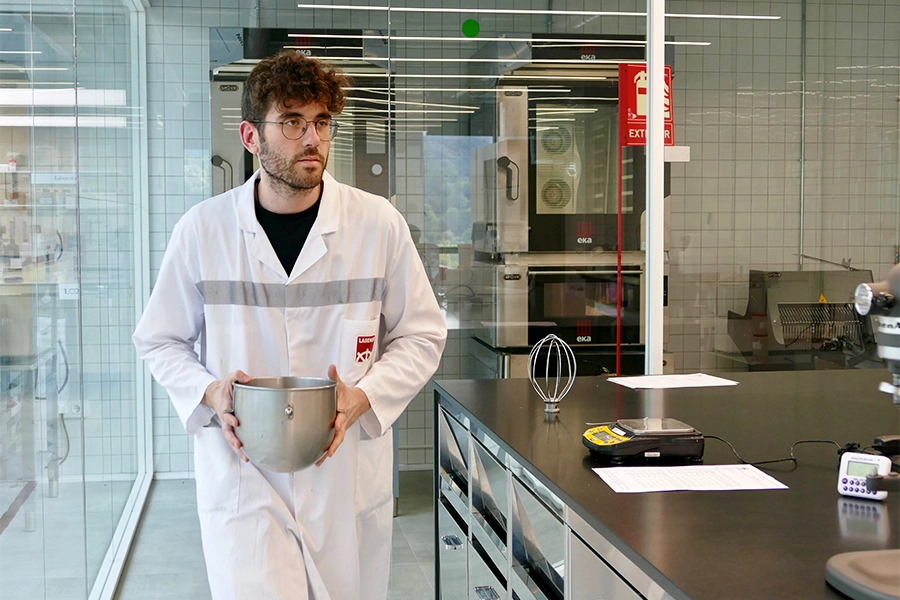
-1.jpg)
UK diets driving global extinction risk, Food Foundation warns
The Food Foundation has warned that current UK diets are accelerating the global biodiversity crisis, with meat-heavy consumption patterns linked to rising extinction risks for hundreds of species. A new investor-focused briefing published in August argues that shifting towards plant-rich diets could dramatically cut pressures on ecosystems, while also offering major financial and public health benefits.
According to the report, The Nature and Biodiversity Cost of Our Diets: A Recipe for Extinction?, food production and consumption are among the primary drivers of biodiversity loss. In particular, livestock farming is tied to land conversion, deforestation, water use, and chemical pollution – pressures that together threaten 70% of terrestrial vertebrate species.
The analysis draws on data from the Mandala Research Consortium, which estimates that almost 700 vertebrate species could be driven to extinction over the next century purely due to agricultural land use. Current UK dietary patterns – especially high consumption of beef and lamb – are identified as significant contributors. The research found that shifting to more plant-based diets in the UK could reduce the projected number of species extinctions linked to diets by 58%.
The Food Foundation highlights that biodiversity loss is not only an environmental issue but also a direct economic and social risk. In the UK, nature loss is projected to reduce GDP growth by between 6% and 12% in the 2030s – more severe than the decline caused by the 2008 financial crisis or the COVID-19 pandemic. Globally, agriculture accounts for about 70% of freshwater withdrawals, drives large-scale deforestation, and contributes to greenhouse gas emissions that exacerbate climate instability.
This bi-directional relationship – where food production harms biodiversity, and biodiversity loss undermines food production – poses major risks to food businesses and investors. Reduced pollination, soil degradation, and climate-driven yield declines already threaten food security and could make regions or assets uninsurable.
“The agricultural sector is almost entirely dependent on natural capital for its continued viability, yet it also contributes substantially to environmental degradation,” the briefing states.
While changes in farming practices are important, the report stresses that dietary change is unavoidable in high-income countries if biodiversity decline is to be halted. The National Food Strategy for England has recommended a 30% reduction in meat consumption by 2032, while the UK Climate Change Committee has set targets for reductions of 25% by 2040 and 35% by 2050.
The Food Foundation highlights beans as a particularly promising food for both environmental and economic reasons. Beans require less water than many crops, enrich soil health by fixing nitrogen, and emit around 2kg of CO2e per kilogram compared with 100kg for beef. Expanding the UK’s horticulture sector, worth more than £5 billion annually, could support plant-based diets while reducing reliance on imports.
The briefing stresses that much of the UK’s biodiversity impact is 'offshored' through imports. Around 92% of the extinction impact of UK diets occurs overseas because of the high volume of imported animal products. For example, beef from Australia and lamb from New Zealand often comes from biodiversity-rich regions, where ruminant farming poses especially high risks to endemic species.
Trade deals that increase meat imports could therefore intensify global biodiversity loss, the report warns. Ensuring that future trade agreements do not worsen these risks is presented as a priority for policymakers.
Acting now to tackle biodiversity loss, the Food Foundation argues, could unlock major economic opportunities. Protecting nature and investing in nature-based solutions could generate US$10 trillion in business value and 395 million jobs globally by 2030. By contrast, delaying action by ten years could double intervention costs.
For investors, the briefing recommends treating nature as an asset rather than an externality. It highlights the growing use of frameworks such as the Taskforce on Nature-related Financial Disclosures and the Science Based Targets Network. Companies with strong governance are more likely to perform well on sustainability, yet currently only 5% of firms across 20 industries assess their biodiversity impacts, and less than 1% understand their dependencies.
The Food Foundation urges investors to press food businesses on issues such as traceability, disclosure, board-level expertise, and linking executive pay to biodiversity commitments. M&S is cited as an example of better practice, with targets for deforestation-free supply chains in soy and beef, as well as certified cocoa, tea, and coffee.
The Food Foundation concludes that transforming diets is essential to halting the decline of biodiversity. For the UK, this means reducing consumption of meat, particularly beef and lamb, and expanding the production and consumption of plant-based foods.
“Shifting to plant-based diets in the UK could make a real difference,” the report notes. “It would not only benefit health and reduce emissions, but also cut the number of species at risk of extinction linked to our diets by more than half.”
With biodiversity loss now recognised as a material risk for economies, investors, and businesses, the charity argues that protecting nature must be central to food system reform. The cost of inaction, it warns, will far exceed the investments required to change course.
If you have any questions or would like to get in touch with us, please email info@futureofproteinproduction.com






